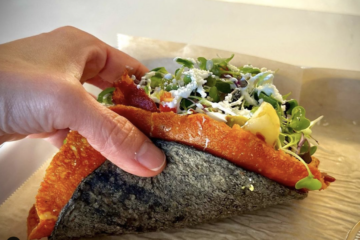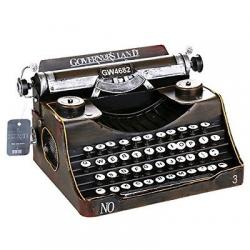Wine Fraud: How to Avoid Buying Fake Wine
By Natasha K.

Wine—a drink, a luxury, a collectible, a love for some… one often has many emotions attached with these beauties. Fine wines from globally-renowned regions like Bordeaux and Burgundy enjoy strong investment values by collectors from around the world. Be it for sharing the luxurious bottles with friends and family, or simply flaunting, wine connoisseurs may buy these for multiple reasons. But sadly, as the demand has risen, so has the scope of fraud in the industry.
Not just a concern at the auctions, this fraud of fine and rare wines have been practiced by brokers and retailers too. There are numerous fakes coming from retailers in the US and Europe—equalling almost to the multi-million dollar sales by Rudy Kurniawan to individual collectors. The scam by Kurniawan, however, till date is considered the biggest in the industry. He stepped into the business by hosting tasting events with other collectors. In 2006, he was recognised for possessing “arguably the greatest cellar on Earth.” However, he was later alleged for counterfeiting, wherein he would buy large stocks of wines and re-label them as more expensive ones.
Kurniawan was arrested by the FBI in 2012—the first ever case of a wine counterfeiter. Maureen Downey, an expert in fine wine authentication, was the one to raise concern regarding Kurniawan’s cellar and later identified a number of wines found in his possession as fake. Subsequently, the FBI started actively cleaning up the industry pursuing other parties involved in such frauds. As much as it did good to the industry, it also made collectors question their own collections as well as all auctions (vilifying even the fine & rare ones due to suspicion).

These bottles of Pétrus from Kurniawan’s cellars were marked counterfeit and will be destroyed
Maureen suggests some easy ways to avoid being a victim of such fraud by simply scrutinizing the following details:
Label
While checking the label, there are three things that need attention—the paper quality, its age and the print. Firstly, if a producer typically uses a certain paper, for say, cream and matt, while the label your wine carries is shiny and white, there are chances of it being a fake!
The second, label age, says a lot as paper tends to oxidize with time at a certain rate. Downey says, “Oxidation is something that should be consistent across an entire label.”
Finally the print, despite the correct paper, may look fuzzy or show pixelation. This is generally a result of photocopying or printing labels on a computer. If you feel so, then it’s best to contact the producer.
Capsule
The capsule’s appearance and its condition should be in accordance with the vintage and origin of the wine. For instance, it’s unusual (or in fact impossible!) for an old vintage like 1945 to have an aluminum capsule with modern art or a recycle symbol on it.
Glue application and stains
There are certain glue application techniques that a particular wine house may use. This might be difficult to identify for a layman, but if there is a brand you love and frequently buy, you’d easily be able to identify such anomalies. Another thing one can look for are the glue stains on the label of an old vintage which are likely to develop over a period of time.
Cork used
Few signs like a blank cork, wrongly-branded cork, or a new & fresh cork for an old vintage are great indications for wine fraud. Maureen also adds that in cases when emailed tasting notes say that a particular old wine would have blank cork, one should still insist for verification.
That said, it is a great and safer idea for those interested in fine wines to depend upon reputable wine auctions that would for no reason sell fakes. It’s always smart to walk away from deals that seem to alluring to be true and rather pay a little more to enjoy the real thing.
About Author: Natasha is a wine writer and content editor at justwines.com.au. She is passionate about writing and has written on a variety of subjects like travel, food, and especially wine.










